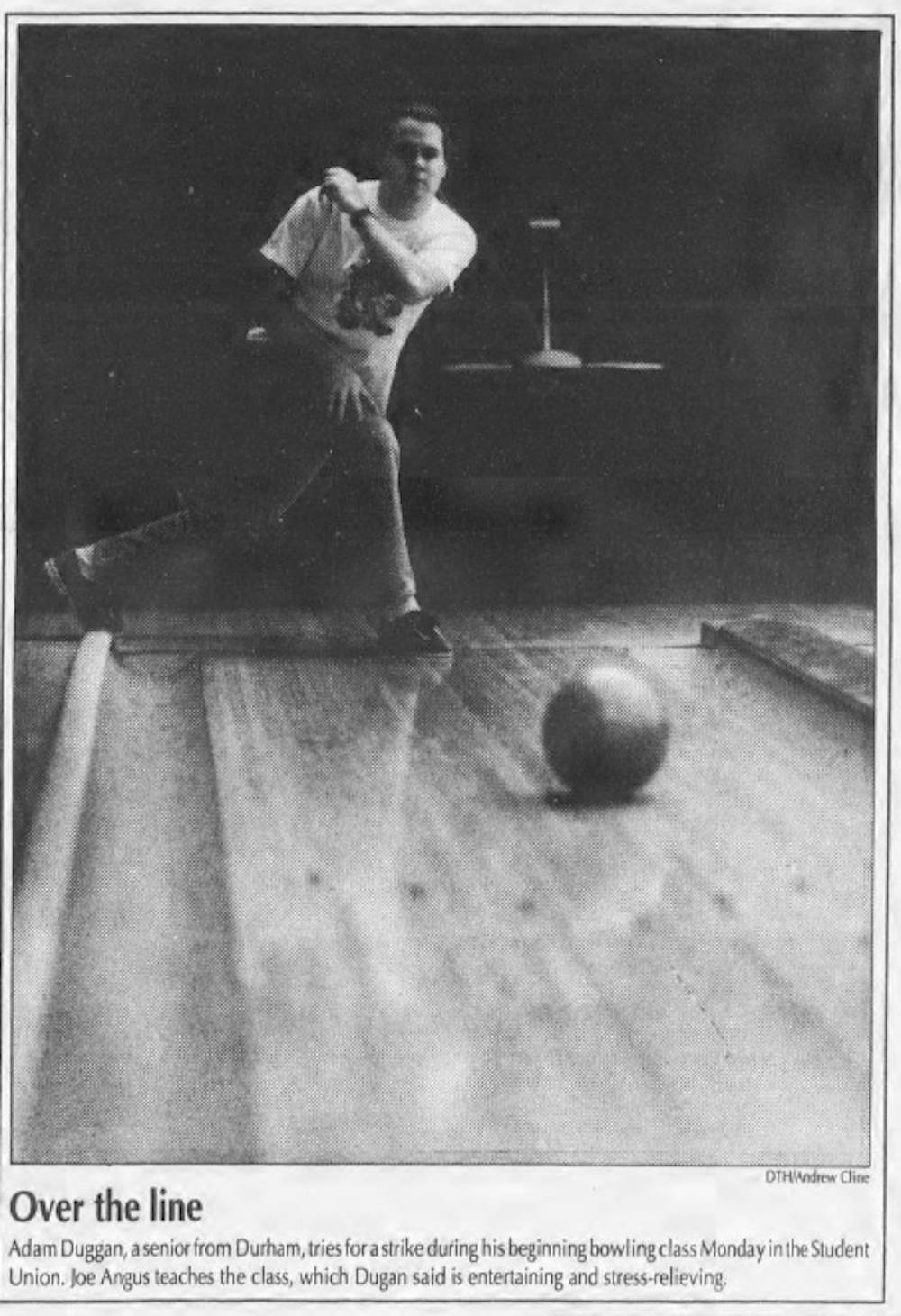Picture a bowling alley in the Student Union, checking your student email in the basement of Phillips Hall and registering for classes over the phone — this was UNC in the ‘90s.
Allen Westbrook, a 1994 graduate, said that as much as college was a major period of growth and transition in his personal life, the ‘90s was also a period of growth and change for UNC — especially in terms of technology. In the 1990s, class registration grew beyond the in-person process at Woollen Gym and expanded to a telephone service. Students dialed into the service and entered codes for each class. Drop/add was an still in-person process in Woollen Gym.
Elizabeth Bass, class of 1992, said her entire life might have been different had registration transpired completely online. Bass said she still needed one class and went to Woollen Gym to finish her schedule.
“I walked up and signed up for German I, and then I ended up studying in Berlin for a semester and marrying a German,” Bass said. “It’s so hard to imagine that would have happened if drop/add had been online.”
Bass also said communication was different then compared to today. She said she remembers that receiving mail was something exciting and notable for many students.
“That was a big deal,” Bass said. "It was like you were living on a desert island and somebody had sent you a message in a bottle.”
A little alternative, a little edgy
Anne Mueller, a 1992 graduate, said she remembers Chapel Hill and Carrboro as having a unique music scene in the ‘90s. Mueller said the band Hootie & the Blowfish, before reaching its peak popularity, played at fraternity parties and Cat’s Cradle often. She said that students were especially fond of local, independent bands in the area. Mueller said these bands were quintessentially ‘90s — edgy and alternative.
Mueller said women’s fashion was unique in the ‘90s. Women often wore men’s Levi’s at the hips, white V-neck tees and hair bows. Westbrook said he remembers the grunge style characteristic of the ‘90s, and Bass said in the early ‘90s, women would use a curling iron on their bangs to achieve a large, curled hairstyle.



